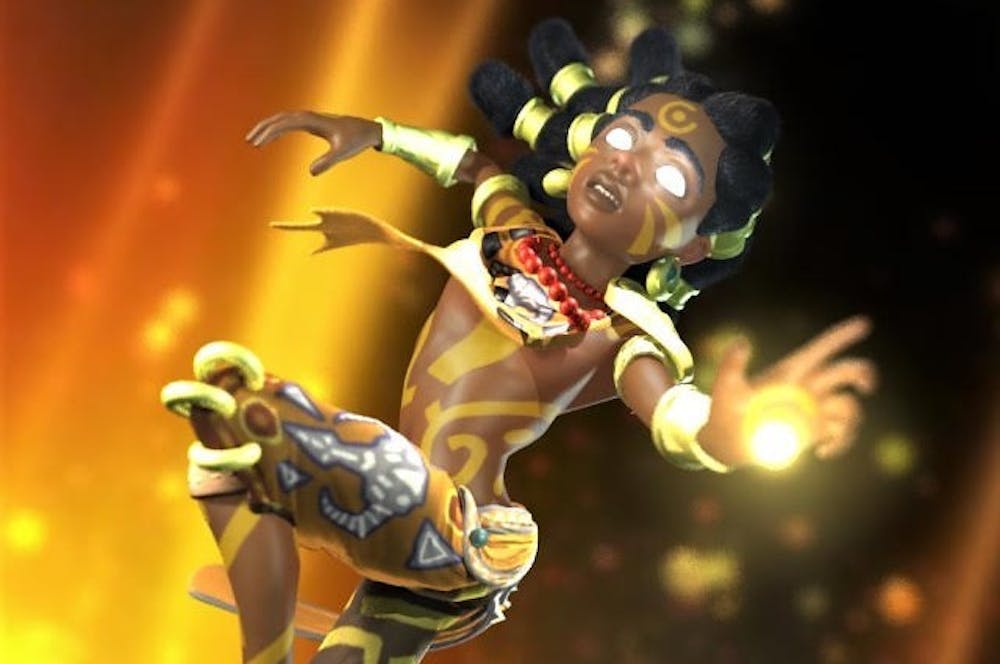Penn’s first game development group is offering all students the chance to make their ideal video game a reality.
UPenn Game Research and Development Environment is a group focused on teaching students new skills, which makes it friendly for all game enthusiasts, including those without past experience, founding member and Engineering sophomore Morgan Herrmann said.
“Unlike a lot of programming clubs, we’re not really about hosting tech talks or outreaches as much as working on actual projects,” Herrmann said. “It’s one of the first digital media and design groups focused on teaching skills rather than networking skills students already have.”
In the fall of 2016, Engineering sophomore Luigi Mangione started UPGRADE because he could not find any game development groups at the Student Activities Council's fall activities fair. Mangione publicized UPGRADE on his class Facebook group, and a small core of freshmen soon grew to become a club with 60 members, including upperclassmen.
UPGRADE has two current projects and plans to develop two more. Its work includes Animancer, a 3-D role-play game set in Africa, and Project ECHO, a game where users jump from platform to platform as they would in Super Mario Bros. The members hope to release one of their games by the end of the school year.
Each game requires collaboration between programmers, visual artists, musicians and writers. College freshman James Peterson works on the plot and cultural context for Animancer.
“From my experience, video game clubs have always been more focused on the coding and concept art, not writing," Peterson said. "I feel like I matter more here.”
UPGRADE will host the third annual Penn Play game development hackathon from Oct. 14 to 15. Although upperclassmen in the Digital Media Design major usually host Penn Play, the responsibility was handed off to UPGRADE this year.
UPGRADE steps away from competitive club culture by admitting anyone who is willing to join, without an application.
“We discussed if we would seem more legitimate with an application, but that’s not the environment we’re going for. Our goal is to have fun and learn,” Mangione said. “As long as you’re willing to put in the time, you can be a game developer.”
Wharton sophomore Jorge Martinez joined UPGRADE this fall after transferring to Penn, and he believes the club’s “inclusive attitude” fosters a more genuine passion for game development.
“Everybody joined because they want to make cool games, not because they want to pad their resume,” Jorge said. “If it was to have those interview-style applications with enormous Google forms, it wouldn’t be the same. It’d be a job.”
Each project is headed by a small team with mixed levels of experience so that experts can guide beginners. Besides working on projects, members also meet for game pitches and workshops.
The closest option to this experience offered as a course at Penn is Game Design Practicum, a course with several prerequisites that many computer science majors don’t fulfill until junior year.
“As we share and collaborate, our knowledge base grows. New members find that they actually have some great ideas,” said Engineering sophomore Josh Nadel, the project lead of Animancer. “All it takes is passion.”



